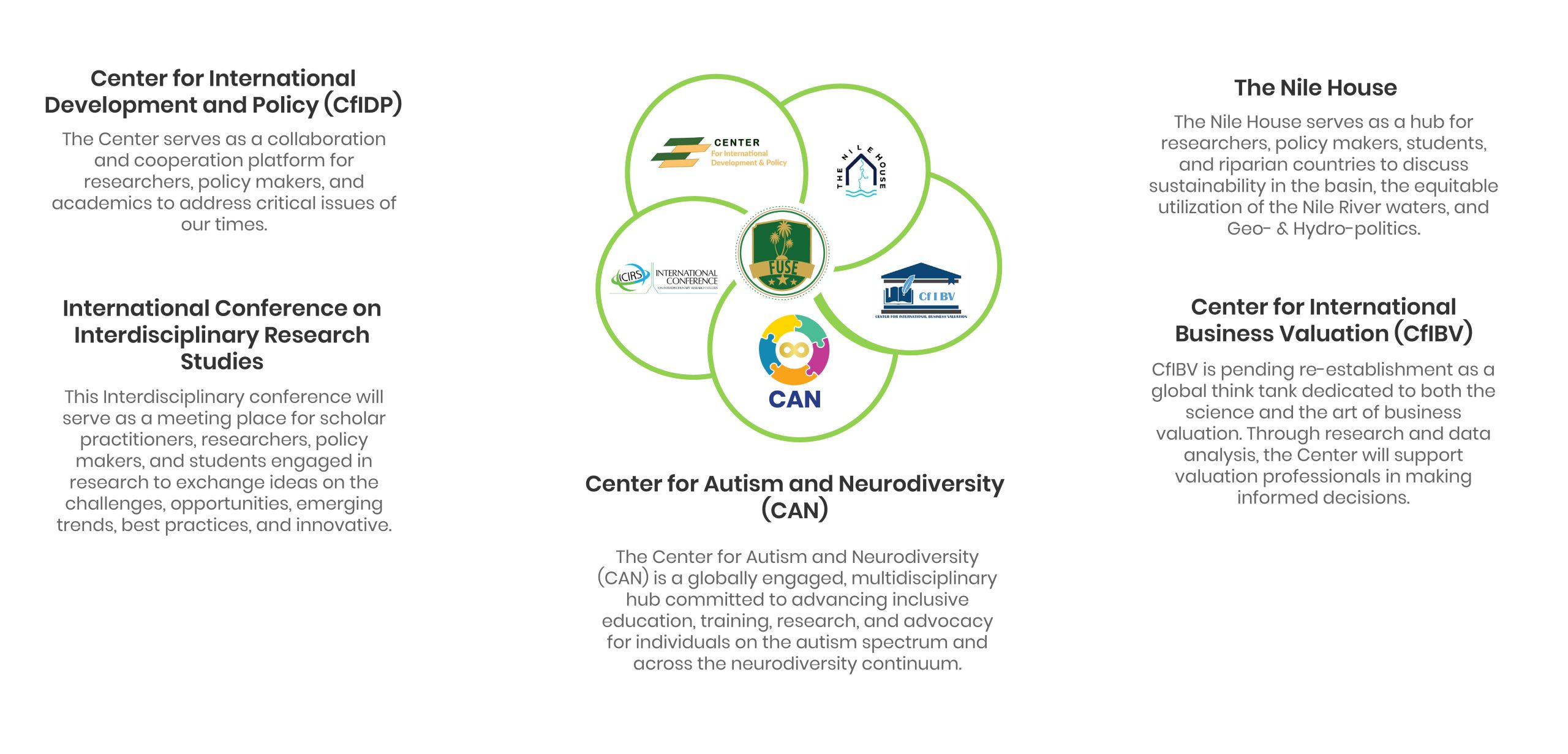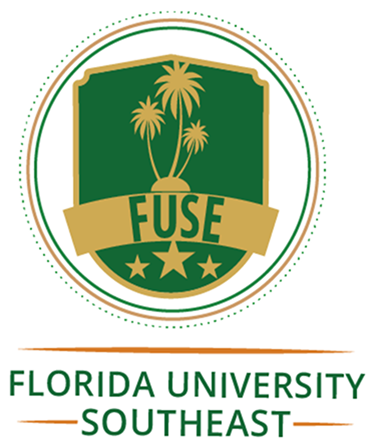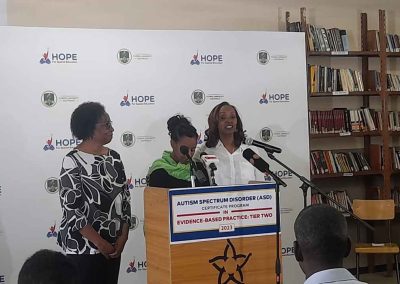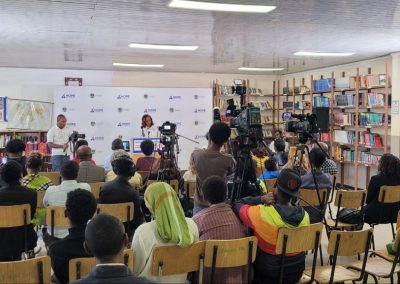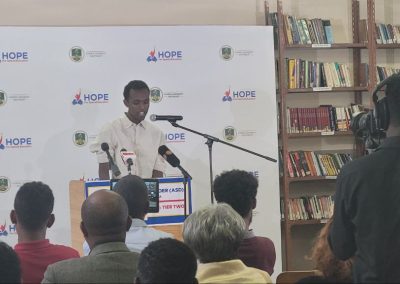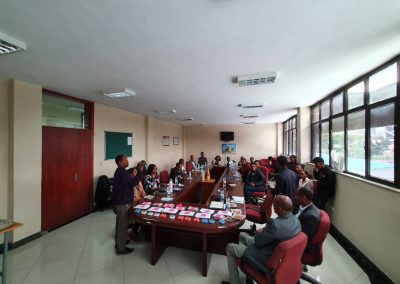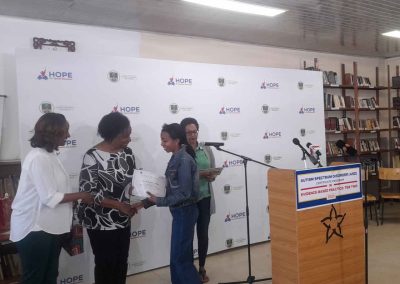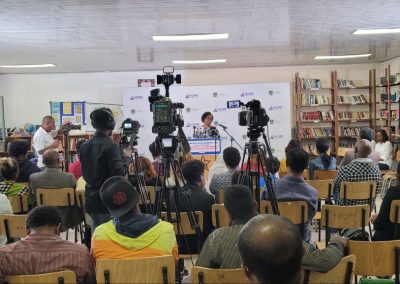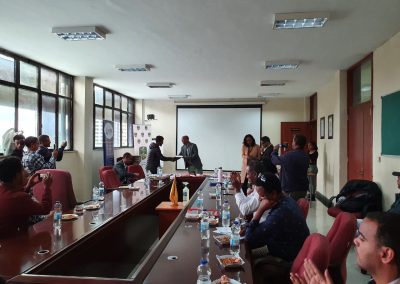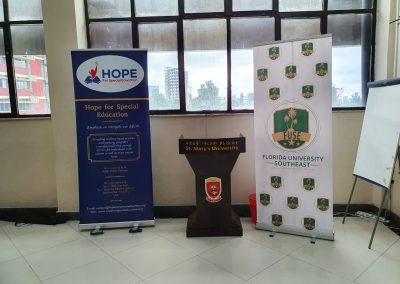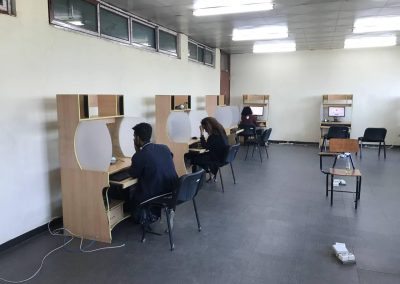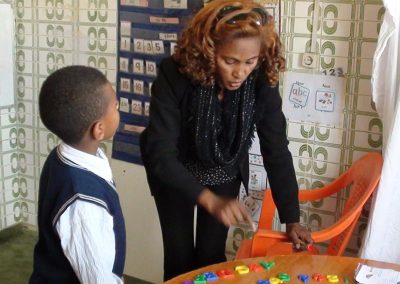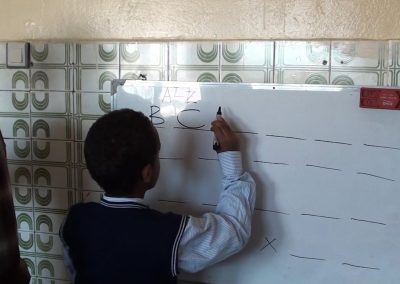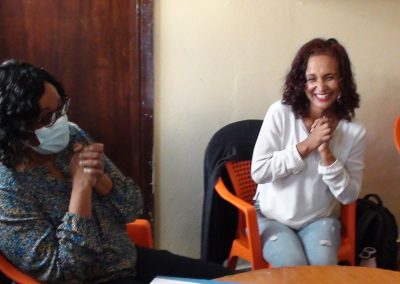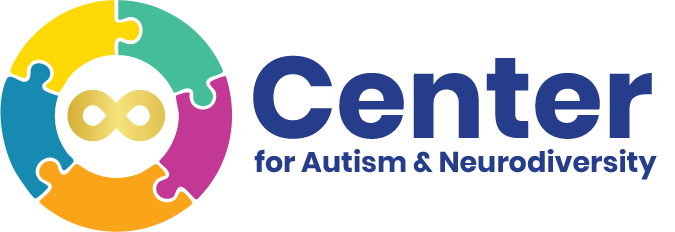
@ Florida University Southeast - Empowering Every Mind. Enriching Every Life
Access
Ensuring equitable opportunities in education, support, and services.
Understanding
Developing deeper insight into the lived experiences, needs, and strengths of autistic and neurodiverse individuals.
Empowerment
Equipping individuals, families, educators, and communities with the tools, confidence, and resources to support neurodiverse learners.
Transformation
Driving systemic and cultural change in education and society by reimagining how we support, include, and celebrate neurodiverse minds.
Programs, Partnerships, and Purpose
How We Make a Difference
The Center for Autism and Neurodiversity (CAN) at Florida University Southeast (FUSE) is a globally engaged, multidisciplinary hub committed to advancing inclusive education, training, research, and advocacy for individuals on the autism spectrum and across the neurodiversity continuum.
As an extension of FUSE’s mission to promote justice and equity through education, CAN delivers a range of impactful programs—including short-term training, certificate programs and graduate-level courses, international symposia, and on-demand webinars—developed in partnership with organizations such as Hope for Special Education .
Certificate in Special Aide
A professionally recognized, flexible program that equips educators, social workers, and caregivers with core competencies in special education, autism awareness, and inclusive classroom strategies.
Training and Capacity Building
Development and delivery of targeted workshops for teachers, parents, therapists, and school administrators on neurodiversity, behavior management, Individualized Education Plans (IEPs), and inclusive instruction.
Course and Curriculum Development
Creation of accessible, evidence-based materials—including syllabi, toolkits, video modules, and self-paced learning platforms—to support inclusive education worldwide.
Annual Conferences and Symposia
Hosting of international and regional gatherings to share innovations, research findings, and best practices in autism education and neurodiversity inclusion.
Research and Policy Engagement
Conducting collaborative, interdisciplinary research and working with policymakers to shape inclusive education frameworks informed by lived experiences and scientific evidence.
Digital Learning and Outreach Hub
Launch of an online portal that houses courses, webinars, community support forums, and open educational resources (OERs), enabling global access to FANC programming.
HOPE for Special Education, FUSE-CAN’s Strategic Partners
Addressing conditions that affect millions globally requires strong partnerships like that of CfAN and Hope for Special Education, which combine expertise, reach, and shared commitment to advancing inclusive, impactful solutions for neurodiverse communities.
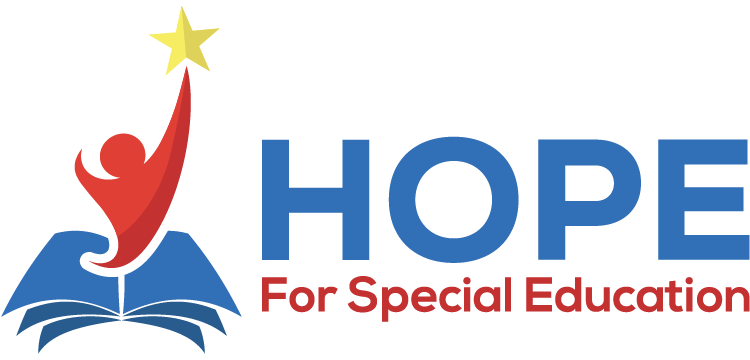
Strategic Partnership: Hope for Special Education
Aligned with the Memorandum of Understanding signed in 2023 between Florida University Southeast and Hope for Special Education, this strategic partnership strengthens the shared mission of advancing inclusive education and neurodiversity support across global communities.
Hope for Special Education, a California-based nonprofit, brings a wealth of expertise to the collaboration, including a team of highly experienced and certified trainers specializing in diverse domains of neurodiversity, autism spectrum education, and family support.
Through this partnership, the Center for Autism and Neurodiversity (CAN) and Hope for Special Education are working together to:
-
Co-design culturally responsive training programs for educators, parents, and caregivers in underserved communities.
-
Collaborate on inclusive curriculum development and offer targeted coaching for classroom implementation.
-
Deliver blended learning experiences through in-person workshops and interactive online platforms.
-
Lead joint research and outreach initiatives aimed at building more equitable and inclusive education systems.
This partnership exemplifies a shared commitment to empowering educators and families while promoting evidence-based, person-centered approaches to neurodiversity.
Florida University Southeast (FUSE) and Hope for Special Education have partnered to deliver high-impact training on autism awareness and special education to over 300 participants worldwide. Through a blend of in-person, virtual, and hybrid formats, the partnership has reached parents, educators, policymakers, and advocates across multiple continents, equipping them with practical tools and inclusive strategies to better support neurodiverse individuals and foster more equitable learning environments.
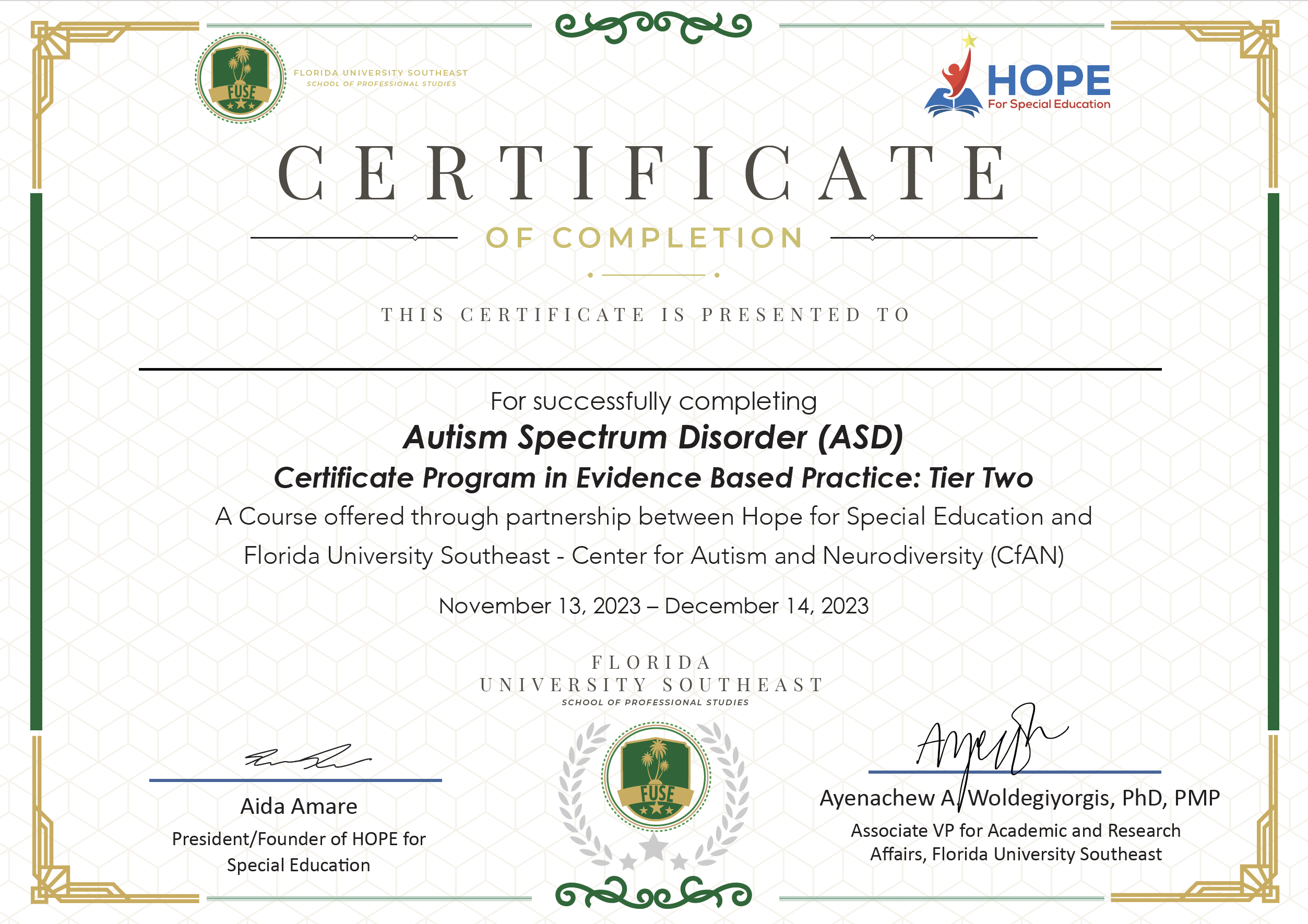
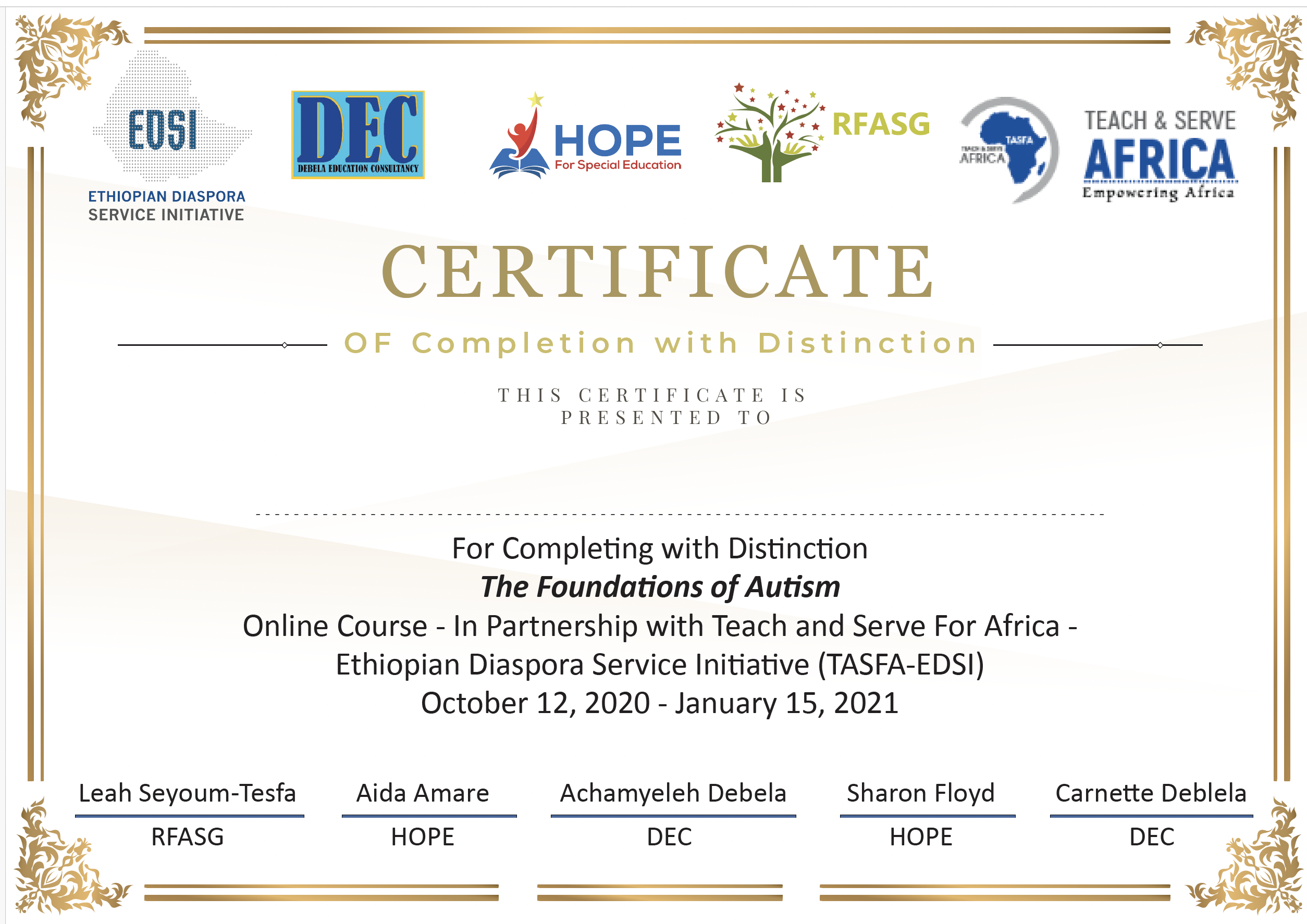
Neurodiversity Research at FUSE
At Florida University Southeast (FUSE), the Center for Autism and Neurodiversity (CAN) leads interdisciplinary research that explores the social, educational, and developmental dimensions of neurodiversity. Through collaborative projects, international symposia, and evidence-based publications, CfAN advances inclusive education practices and informs policy development. The Center serves as a hub for critical dialogue, innovative intervention strategies, and advocacy-oriented research aimed at improving the lives of neurodiverse individuals and their communities.
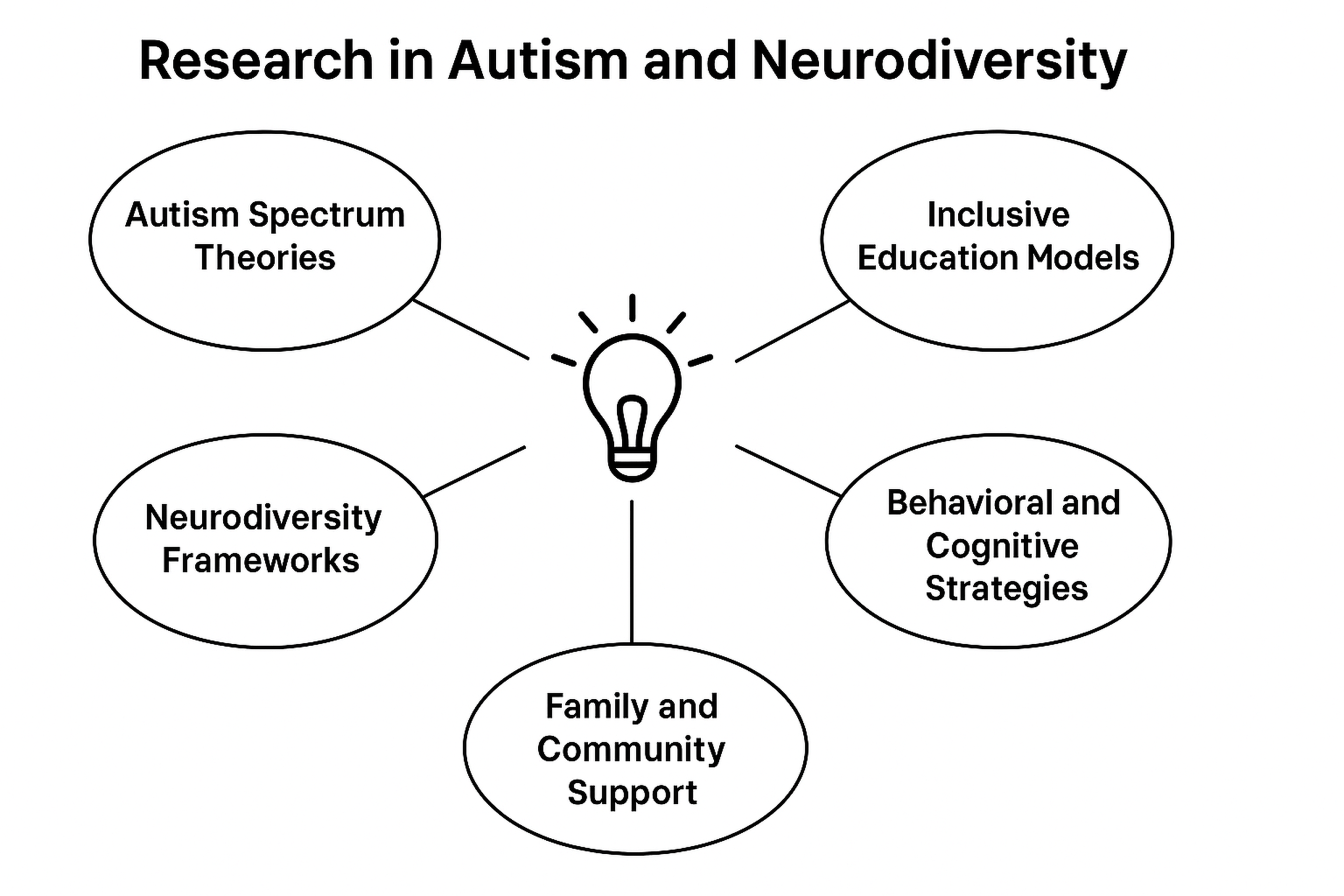
Autism Spectrum Theories
This area of research explores the evolving scientific understanding of autism spectrum conditions, examining neurological, genetic, developmental, and cognitive models. By analyzing how autism is conceptualized across disciplines, researchers aim to deepen insight into its complexity, variability, and strengths—moving beyond deficit-based views to affirm neurodivergent identities.
Inclusive Education Models
Inclusive education research focuses on designing and implementing school environments that accommodate and celebrate neurodiversity. It investigates evidence-based teaching methods, classroom adaptations, peer integration strategies, and teacher preparation programs that foster belonging and equitable learning outcomes for all students, including those on the autism spectrum.
Behavioral and Cognitive Strategies
This area examines interventions that support the emotional regulation, communication, and adaptive skills of neurodiverse individuals. Research includes studies on Applied Behavior Analysis (ABA), cognitive behavioral therapy (CBT), mindfulness practices, and other individualized approaches that help improve day-to-day functioning while respecting personal autonomy and dignity
Family and Community Support
Recognizing the critical role families and communities play, this research focuses on tools, training, and networks that strengthen the support systems around autistic individuals. Topics include parent education, caregiver mental health, community-based services, and culturally responsive outreach programs that promote resilience and inclusion.
Neurodiversity Frameworks
Research in this domain investigates the societal, educational, and workplace implications of embracing neurodiversity as a natural variation of the human experience. It informs advocacy, policy change, and institutional reform by emphasizing acceptance, accessibility, and equity for individuals whose cognitive styles differ from the dominant norms.
From Insight to Action: Why Research Matters
Evidence-Based Solutions
Research enables the development of targeted, effective interventions tailored to individual needs, improving outcomes in education, behavior, and daily life.
Policy Impact and Advocacy
Findings inform inclusive public policy and advocacy efforts, influencing legislation and institutional practices that support neurodiverse rights and access.
Social Inclusion and Awareness
Research-driven outreach and education promote societal acceptance, reduce stigma, and foster inclusive communities that celebrate neurodiversity.
Early Identification and Timely Support
Innovative research improves screening tools and diagnostic methods, enabling earlier intervention and better developmental outcomes.
Empowered Educators and Caregivers
Training programs shaped by research equip teachers, parents, and support professionals with practical tools and strategies grounded in real-world effectiveness.
Technological Innovation for Learning
Research inspires the design of assistive technologies and adaptive educational tools that enhance communication, engagement, and access to learning.
At FUSE we Strive to Generate, Disseminate, and Preserve Knowledge
FUSE Research and Publications
FUSE is home to a dynamic network of research centers, think tanks, and publication institutes dedicated to generating, disseminating, and preserving knowledge. Through interdisciplinary inquiry and real-world application, these affiliated institutions drive policy innovation and global solutions, positioning FUSE as an emerging leader in impactful, globally engaged research and scholarship.
